-
Doctors
-
Specialities & Treatments
Centre of Excellence
Specialties
Treatments and Procedures
Hospitals & Directions HyderabadCARE Hospitals, Banjara Hills CARE Outpatient Centre, Banjara Hills CARE Hospitals, HITEC City CARE Hospitals, Nampally Gurunanak CARE Hospitals, Musheerabad CARE Hospitals Outpatient Centre, HITEC City CARE Hospitals, Malakpet
HyderabadCARE Hospitals, Banjara Hills CARE Outpatient Centre, Banjara Hills CARE Hospitals, HITEC City CARE Hospitals, Nampally Gurunanak CARE Hospitals, Musheerabad CARE Hospitals Outpatient Centre, HITEC City CARE Hospitals, Malakpet Raipur
Raipur
 Bhubaneswar
Bhubaneswar Visakhapatnam
Visakhapatnam
 Nagpur
Nagpur
 Indore
Indore
 Chh. Sambhajinagar
Chh. SambhajinagarClinics & Medical Centers
Book an AppointmentContact Us
Online Lab Reports
Book an Appointment
Consult Super-Specialist Doctors at CARE Hospitals
Winter Migraines: Symptoms, Causes and Treatment
Updated on 18 November 2024
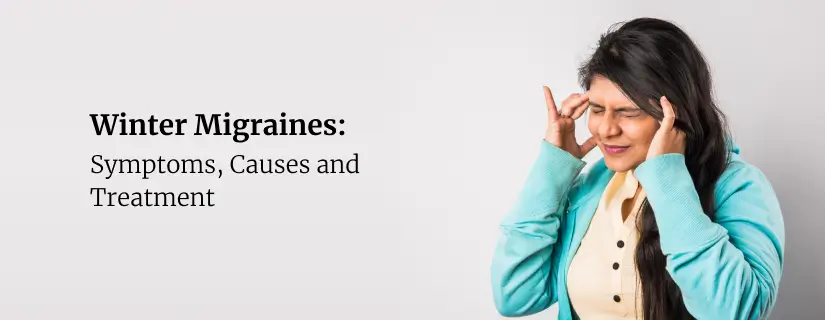
As winter approaches, many individuals experience a spike in migraine occurrences. Winter migraines can be particularly challenging, often triggered by the cold weather and seasonal changes. These headaches significantly impact daily life, causing discomfort and disrupting routines for those affected. Understanding the connection between cold weather and migraines is crucial to effectively managing & preventing these painful episodes.
Let's explore the nature of winter migraines, their potential causes, and common symptoms. We'll also look into various treatment options to alleviate the pain & discomfort associated with migraines in cold weather.

What are Winter Migraines?
Migraine in cold weather or winter migraines are chronic headaches that occur more frequently during the colder months.
Research has revealed a correlation between low temperatures and an increased risk of migraines in susceptible individuals. One theory believes that changes in barometric pressure, which are often seen in colder weather, can trigger headaches. Additionally, colder temperatures and higher levels of air pollution are associated with an increased risk of migraines.
Causes of Winter Migraines
Various factors related to the season can trigger winter migraines. These may include:
- The cold, dry weather can cause blood vessels to constrict, lowering blood flow to the brain and potentially leading to headaches.
- Reduced sunlight exposure can disrupt the body's circadian rhythms, potentially leading to changes in sleep patterns. This alteration in sleep can increase the likelihood of migraine attacks.
- Increased indoor heating often results in dry air, which can cause dehydration - a well-known migraine trigger.
- Barometric pressure changes frequently occur during winter storms (mainly decreases in atmospheric pressure) and can increase the risk of headaches.
- Temperature fluctuations, particularly cold fronts, are strongly associated with increased headache incidence in temperature-sensitive individuals.
Symptoms of Winter Migraines
Winter migraines can be particularly challenging, with symptoms ranging from mild to severe. Common symptoms include:
- Intense pain, typically on one side of the head
- Nausea
- Sensitivity to light and sound
- Visual disturbances or auras before the onset of pain
Treatment for Winter Migraines
Managing winter migraines involves a combination of lifestyle changes and medical interventions.
- Resting in a dark, quiet room helps minimise sensory stimuli.
- Applying cold or hot compresses to the head or nape of the neck may provide relief.
- Over-the-counter pain medications can be effective for mild to moderate headaches.
- For more severe cases, prescription medicines may be necessary.
Preventive measures are crucial in managing winter migraines. These include:
- Maintaining consistent sleep patterns and staying hydrated is essential.
- A humidifier can help combat dry air, which is a common trigger.
- Regular physical activity, such as aerobics, brisk walking, or swimming, can reduce migraine frequency by releasing pain-blocking chemicals in the brain.
- Gradually starting any exercise routine is essential to avoid triggering an attack.
- Identifying and avoiding personal triggers is key to preventing cold-weather migraines.
When to See a Doctor
While winter migraines can often be managed at home, certain situations warrant medical attention. Individuals should consult a doctor if:
- If headaches become frequent or severe, they significantly impact daily activities.
- If cold weather migraines persist despite over-the-counter treatments or worsen over time
- If migraine symptoms are accompanied by vision problems, difficulty speaking, or severe pain that comes on suddenly, immediate medical attention is necessary. These could be signs of more serious conditions requiring urgent care.
Prevention
Preventing winter migraines involves a combination of lifestyle adjustments and proactive measures.
- Maintaining a consistent sleep schedule is vital, as the migraine brain thrives on routine.
- Staying hydrated is essential, especially in cold weather when indoor heating can dry the air.
- Sealing any drafts in the house is essential to avoid temperature fluctuations.
- Wearing weather-appropriate clothing, particularly hats, helps keep the body warm and reduces the risk of cold-induced migraines.
- Individuals should monitor weather changes and consider staying indoors when conditions are likely to trigger an attack.
- Wearing a face covering outdoors can be beneficial for those sensitive to allergens.
- Lifestyle choices like eating nutritious food and regularly exercising can decrease migraine severity.
- Keeping a migraine diary to track triggers, including weather patterns and dietary factors, can help individuals anticipate and avoid potential attacks. People can develop more effective prevention strategies by understanding the unique nature of their migraines.
Conclusion
Winter migraines can significantly impact many people's lives during the colder months. Understanding the triggers, symptoms, and treatment options is crucial to manage this seasonal health issue effectively. By being aware of factors like barometric pressure changes, dehydration, and disrupted sleep patterns, individuals can take steps to prevent or minimise migraine attacks.
Managing winter migraines involves a mix of lifestyle changes and medical interventions. Staying hydrated, maintaining consistent sleep habits, and using preventive measures like humidifiers can make a big difference. When home remedies aren't enough, seeking medical help is essential. With the right approach, people can better cope with winter migraines and enjoy the season with less discomfort.
FAQs
1. Why am I getting migraines in the winter?
Winter migraines can be triggered by various factors associated with the colder season. Changes in barometric pressure, which often occur during winter storms, significantly affect migraine frequency. The colder, denser air typically leads to higher barometric pressure, which can influence electrical and chemical activity in the brain. Additionally, the dry air caused by low humidity and increased indoor heating can lead to dehydration, a well-known migraine trigger. Reduced sunlight levels during winter can also play a role, potentially causing vitamin D deficiency and disrupting sleep patterns, both of which are linked to increased migraine onset.
2. How do you stop a cold migraine?
Staying well-hydrated by drinking plenty of fluid throughout the day is crucial to manage winter migraines. Using a humidifier can help combat dry air, which is a common trigger. Wearing weather-appropriate clothing, particularly hats and layering of clothes, can help keep the body warm and reduce the risk of cold-induced migraines. If symptoms persist, over-the-counter pain medications or prescription drugs may be necessary. Keeping a migraine diary can help identify episode patterns and triggers specific to cold weather.
3. How long do winter migraines last?
Migraines typically last between 2 hours and three days. Some symptoms (such as feeling very tired) may start up to 2 days before the head pain begins and continue after the headache stops. The frequency of migraines varies among individuals, with some experiencing them several times a week while others have them less often. If winter migraines become severe or frequent, consult your doctor for further assessment and treatment options.
ENQUIRY FORM
SELECT CATEGORIES
-
Neurosciences (16)
-
Neurology (37)
-
Neurosurgery (14)
-
Orthopaedics (48)
-
Oncology (33)
-
Obstetrics and gynecology (51)
-
Pulmonology (23)
-
Urology (20)
-
Nephrology (13)
-
Psychiatry (7)
-
Dietetics and Nutrition (111)
-
General Medicine (63)
-
Cardiac Sciences (30)
-
Vascular & Endovascular Surgery and Interventional Radiology (10)
-
Gastroenterology (46)
-
Endocrinology (23)
-
Plastic Surgery (10)
-
Critical Care Medicine (5)
-
COVID-19 (16)
-
Dermatology (16)
-
Emergency Care (1)
-
Ophthalmology (4)
-
Pediatrics (14)
-
Laparoscopic and Bariatric Surgery (8)
-
ENT (15)
-
Kidney Transplant (1)
-
Liver Transplantation and Hepatobiliary Surgery (5)
-
General Surgery (3)
-
Internal Medicine (5)
-
Medicine Information
Fainting Vs Seizure: Understand the Difference
Everything to Know About High Blood Pressure Headache
YOU MAY ALSO LIKE
RECENT BLOGS
-

Direct Anterior Approach in Total Hip Replacement: Advantages and Challenges
10 April 2025
Read More
-

Zinc Deficiency: Signs and Symptoms, Causes, Treatment
9 April 2025
Read More
-

Chest Pain When Coughing: Causes, Treatment and Home Remedies
9 April 2025
Read More
-

12 Health Benefits of Eating Mushrooms
8 April 2025
Read More
-

7 Health Benefits of Blood Donation You Should Know About
8 April 2025
Read More
-

Implantation Bleeding Vs Periods: Know the Difference
28 February 2025
Read More
-

Bloating During Ovulation: Symptoms, Causes and Remedies
28 February 2025
Read More
-

Itching During Dengue: Causes, Treatment and Home Remedies
18 February 2025
Read More
Have a Question?
If you cannot find answers to your queries, please fill out the enquiry form or call the number below. We will contact you shortly.







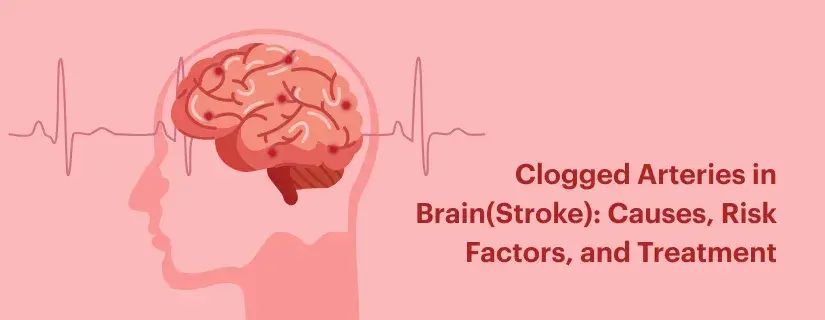


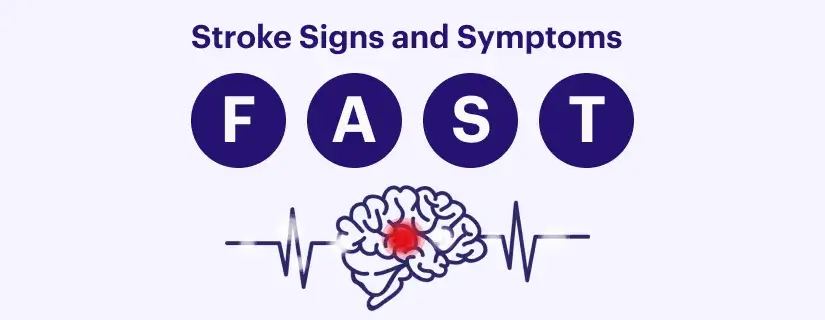




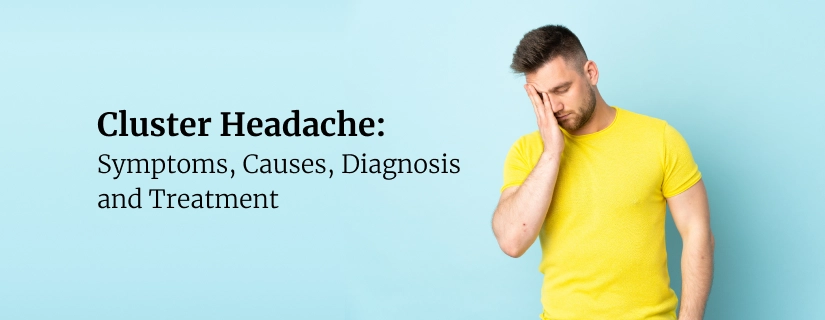




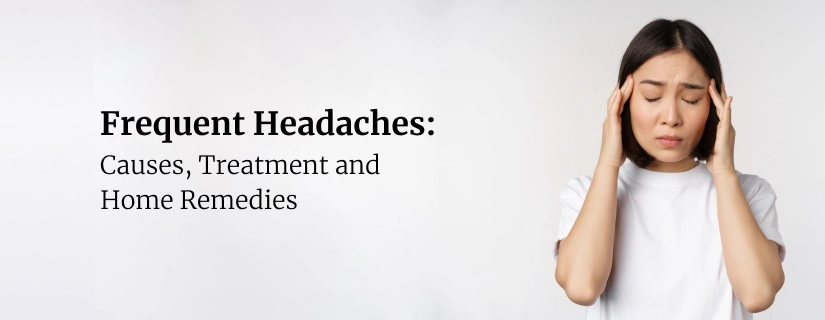

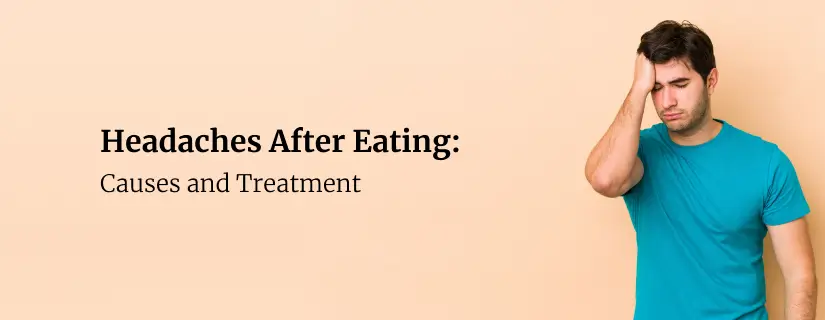


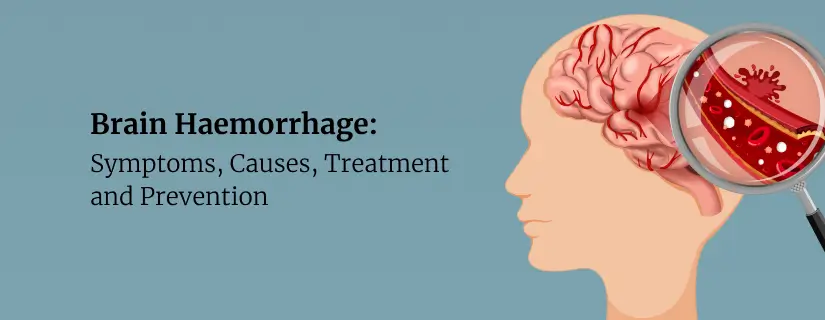
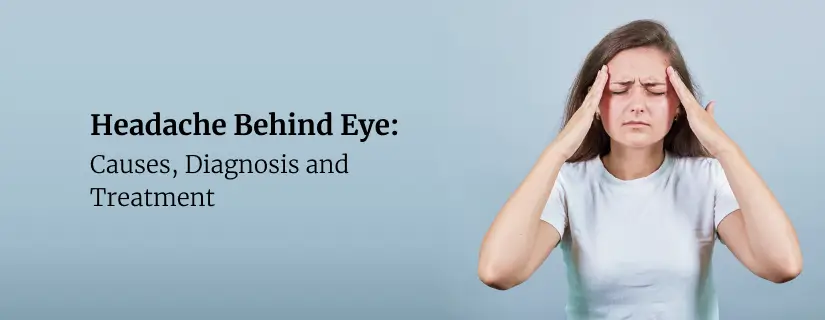
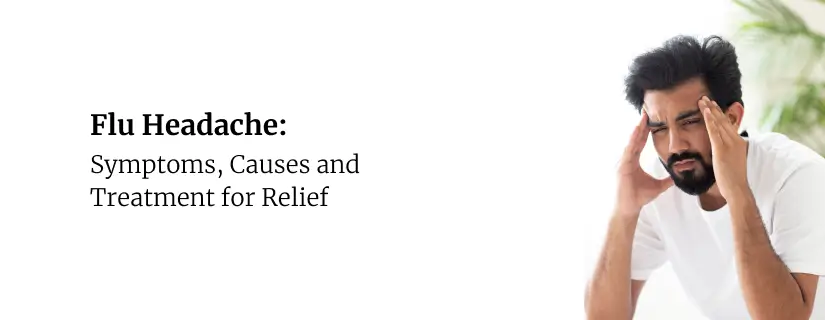
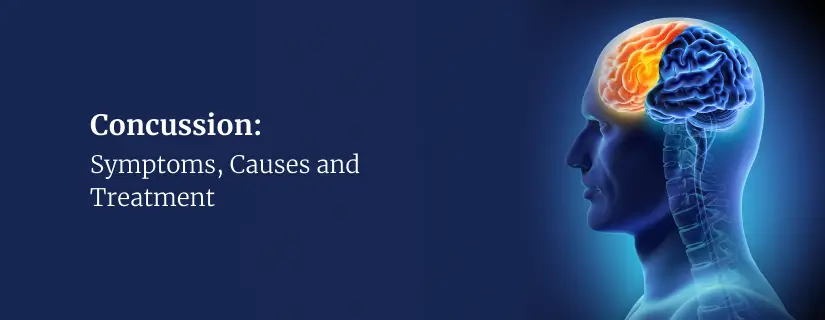



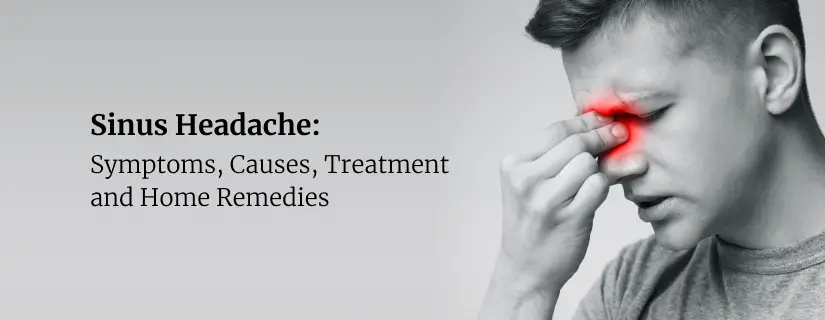
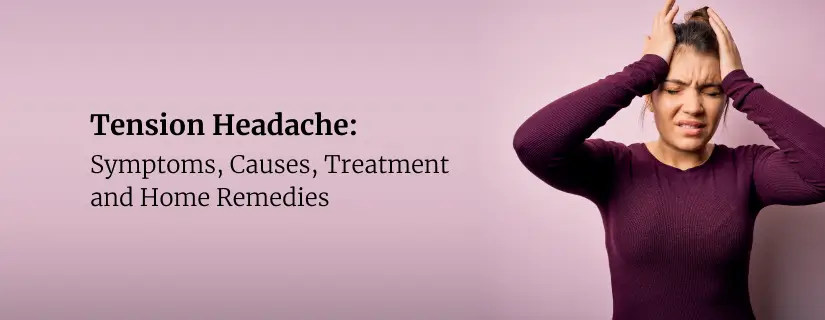

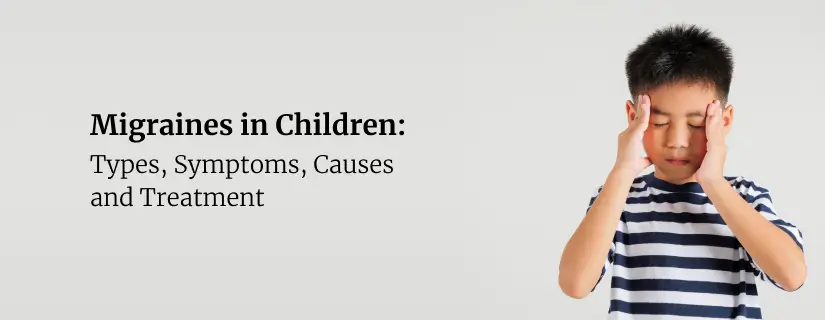
.webp)